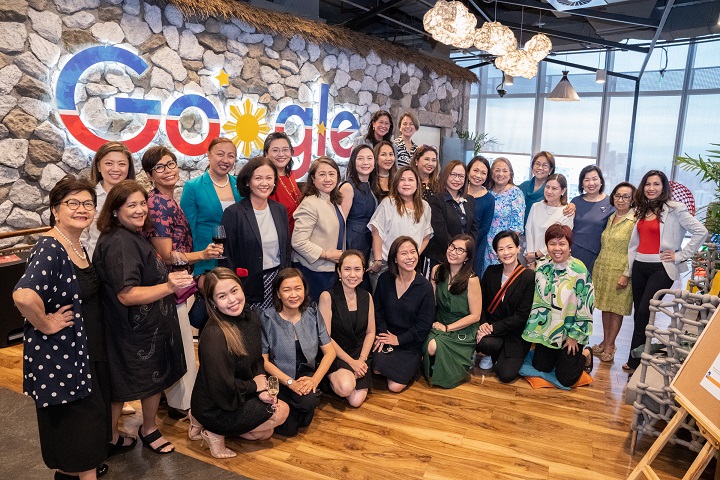
In its commitment to foster greater women empowerment, diversity, and inclusion in the field of business, Google Philippines brought together members of the Filipina CEO Circle (FCC) to learn from one another and exchange ideas about the country’s growing digital economy.
The roundtable involving the women leaders and changemakers of the FCC focused on the latest e-Conomy Southeast Asia (SEA) Report, which was presented by Geia Lopez, Google SEA’s head for data and insights.
According to the report, the Philippines’ digital economy is on track to reach $35 billion Gross Merchandise Value (GMV) by 2025, and possibly $100 billion to $150 billion GMV by 2030. GMV refers to the overall value of all goods sold via ecommerce and customer-to-customer platforms.
The report also found that the country is also projected to attract more investors over the long term as 73% of investors (second highest in SEA after Vietnam) are expecting deal activity to increase in the local digital economy in the period of 2025 to 2030.
The FCC members then held multiple conversations with one another on the future of business and making a positive and long-lasting impact in the country.
Making life-changing education more accessible
The second half of the roundtable saw EduCreator Lyqa Maravilla share her inspiring life story and the power of YouTube in democratizing educational content.
Maravilla has been making free educational videos on YouTube since 2015. In her videos, she teaches math and English concepts, as well as study hacks to help viewers ace various tests. She now has over 2 million followers on YouTube thanks to the power of her helpful content.
She believes in the power of free and accessible platforms such as YouTube to keep Filipinos competitive in the world and eventually uplift their lives.
Maravilla’s commitment to accessible education goes a long way towards addressing the educational gap in the Philippines. Humanitarian organization Plan International found in a 2022 online survey that young girls and women are more at risk of stunted education, especially after the pandemic, because of their greater likelihood to be put to domestic work.
“Education, especially with the aid of technology like YouTube, can change people’s lives,” Maravilla said.

